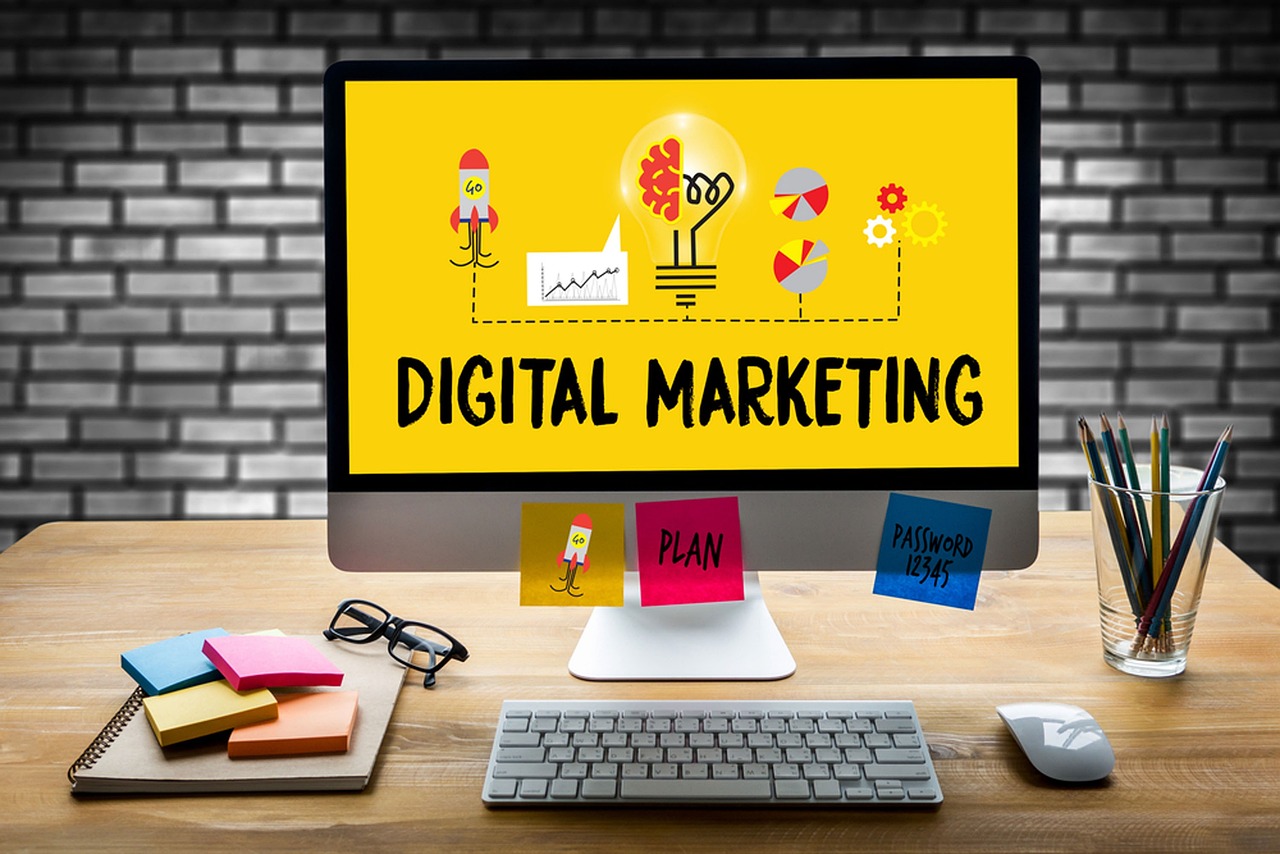The Future of Digital Marketing: Top AI Tools to Watch in 2025
05/14/2025
In the rapidly evolving digital landscape, Artificial Intelligence (AI) is revolutionizing the way marketers connect with audiences and optimize their campaigns. By 2025, we expect even more sophisticated tools designed to help marketers analyze data, personalize content, and automate processes. In this post, we’ll explore some of the most promising AI tools that will shape the future of digital marketing, alongside frequently asked questions to clarify common concerns.
The Rise of AI in Digital Marketing
AI’s integration into digital marketing is changing the way businesses approach strategy and execution. Companies can now leverage data-driven insights to enhance customer relationships, improve ad targeting, and boost campaign effectiveness. As we look toward 2025, here are some AI tools set to make a significant impact.
- Predictive Analytics Tools
Predictive analytics tools use AI algorithms to analyze historical data and predict future outcomes. This capability is invaluable for marketers looking to deliver timely and relevant content.
Key Features:
- Data Analysis: Analyzes customer data to determine potential future behaviors and preferences.
- Segmentation: Helps businesses target specific customer segments with tailored messaging.
- Performance Forecasting: Assists in anticipating campaign outcomes based on previous performances.
Tools to Consider:
- Google Cloud AI: Offers tools for predictive analytics that integrate seamlessly with Google Ads.
- IBM Watson: Provides robust analytics capabilities to forecast market trends.
“With predictive analytics, marketers can forge more meaningful connections with customers by anticipating their needs.”
- Content Creation and Curation Tools
Artificial intelligence is transforming the content creation landscape by generating articles, summaries, and social media posts at unprecedented speeds.
Notable AI Tools:
- Jasper: A content-generation tool that offers suggestions and creates drafts based on the input provided.
- Copy.ai: Tailors headlines and ad copy to match brand voice and maximize engagement.
Benefits:
- Saves time by automating content writing.
- Ensures consistency in branding across platforms.
- Chatbots and Virtual Assistants
Chatbots powered by AI offer instant customer service and engagement on websites and social media platforms.
Advantages:
- 24/7 Availability: Provides customers with immediate responses regardless of the time zone.
- Personalization: Uses data to tailor conversations based on user behavior and preferences.
- Lead Qualification: Helps identify potential leads by asking targeted questions.
Popular Chatbot Solutions:
- Drift: A conversational marketing platform that integrates with various tools for real-time assistance.
- Zendesk Answer Bot: Enhances customer service capabilities by resolving common queries automatically.
- AI-driven Analytics and Reporting Tools
Understanding campaign performance is crucial for optimizing marketing efforts. AI-powered analytics simplify this process by offering deeper insights.
Features to Look for:
- Real-time Data Tracking: Monitors and reports on campaign performance metrics as they happen.
- Sentiment Analysis: Evaluates customer opinions and feedback across platforms to gauge brand health.
- Visual Analytics: Presents data in easy-to-digest formats for quicker interpretation.
Noteworthy Tools:
- HubSpot: Offers an integrated AI-driven analytics solution for marketing campaigns.
- Tableau: Leverages AI capabilities to visualize complex data sets.
- Programmatic Advertising Platforms
Programmatic advertising uses AI to automate the buying and selling of ads in real-time, improving overall efficiency and targeting.
Benefits:
- Targeted Audience Reach: Uses algorithms to identify and reach specific audiences effectively.
- Cost Efficiency: Helps in optimizing ad spend by targeting only relevant users.
- Dynamic Ad Creation: Adjusts ads in real-time based on performance data.
Leading Platforms:
- AdRoll: Utilizes AI for programmatic advertising across various platforms.
- The Trade Desk: Provides robust tools for managing programmatic ad campaigns.
Frequently Asked Questions (FAQs)
What role does AI play in customer segmentation?
AI analyzes vast data sets to identify patterns and segment customers into meaningful groups based on behavior, demographics, and purchasing history. This ensures that marketing messages are tailored and relevant.
Are AI tools expensive?
While some AI tools can be costly, many offer scalable pricing plans based on business size and needs. Additionally, the return on investment (ROI) through improved efficiency and higher conversion rates often justifies the expenditure.
Will AI replace human marketers?
AI is designed to enhance human capabilities, not replace them. Marketers will still play a crucial role in strategy, creativity, and relationship-building, while AI automates repetitive tasks and provides insights.
Conclusion
The landscape of digital marketing is set to transform with the integration of advanced AI tools by 2025. From predictive analytics to dynamic content creation, these tools will not only increase efficiency but will also enable marketers to connect with their audiences on a deeper level.
As you plan for the future of your marketing strategy, consider how incorporating these AI solutions can contribute to your success. Embrace the power of AI, and let it guide your journey toward engaging and personalized digital marketing efforts.
Ready to take your marketing strategy to the next level? Explore these AI tools and discover what they can do for your business.
Frequently Asked Questions:
Q1. What’s the most popular AI tool for marketing?
In 2025, tools like Jasper, ChatGPT, HubSpot AI, and Copy.ai will be very popular. They help with content writing, automation, email campaigns, and even customer support.
Q2. Can AI really replace human marketers?
No, AI is great at saving time and handling repetitive tasks, but it can’t replace human creativity or emotional understanding. Think of AI as a smart assistant, not a full replacement.
Q3. Is AI safe to use in marketing?
Yes, as long as you use trusted platforms and follow basic privacy practices. It’s smart to double-check everything AI creates before using it publicly.
Q4. Are AI tools hard to learn?
Not really! Most tools are user-friendly and come with tutorials. Even if you’re not tech-savvy, you can learn the basics quickly and start seeing results.
